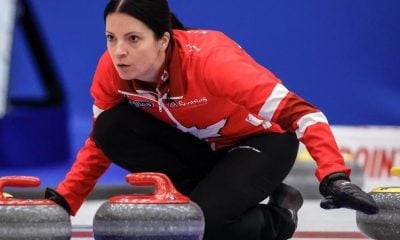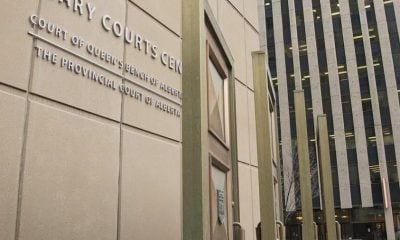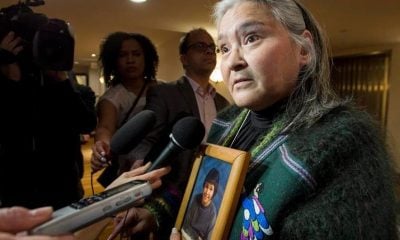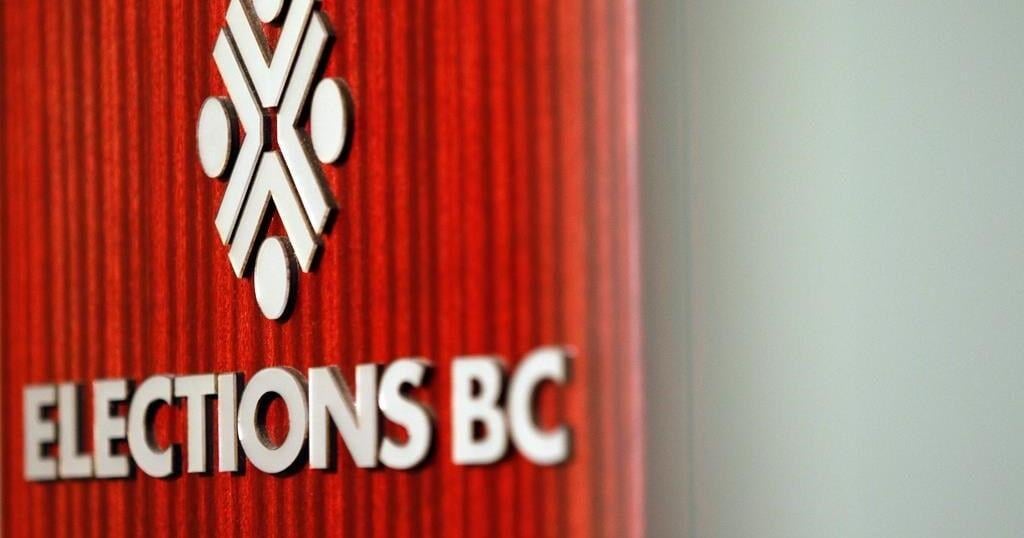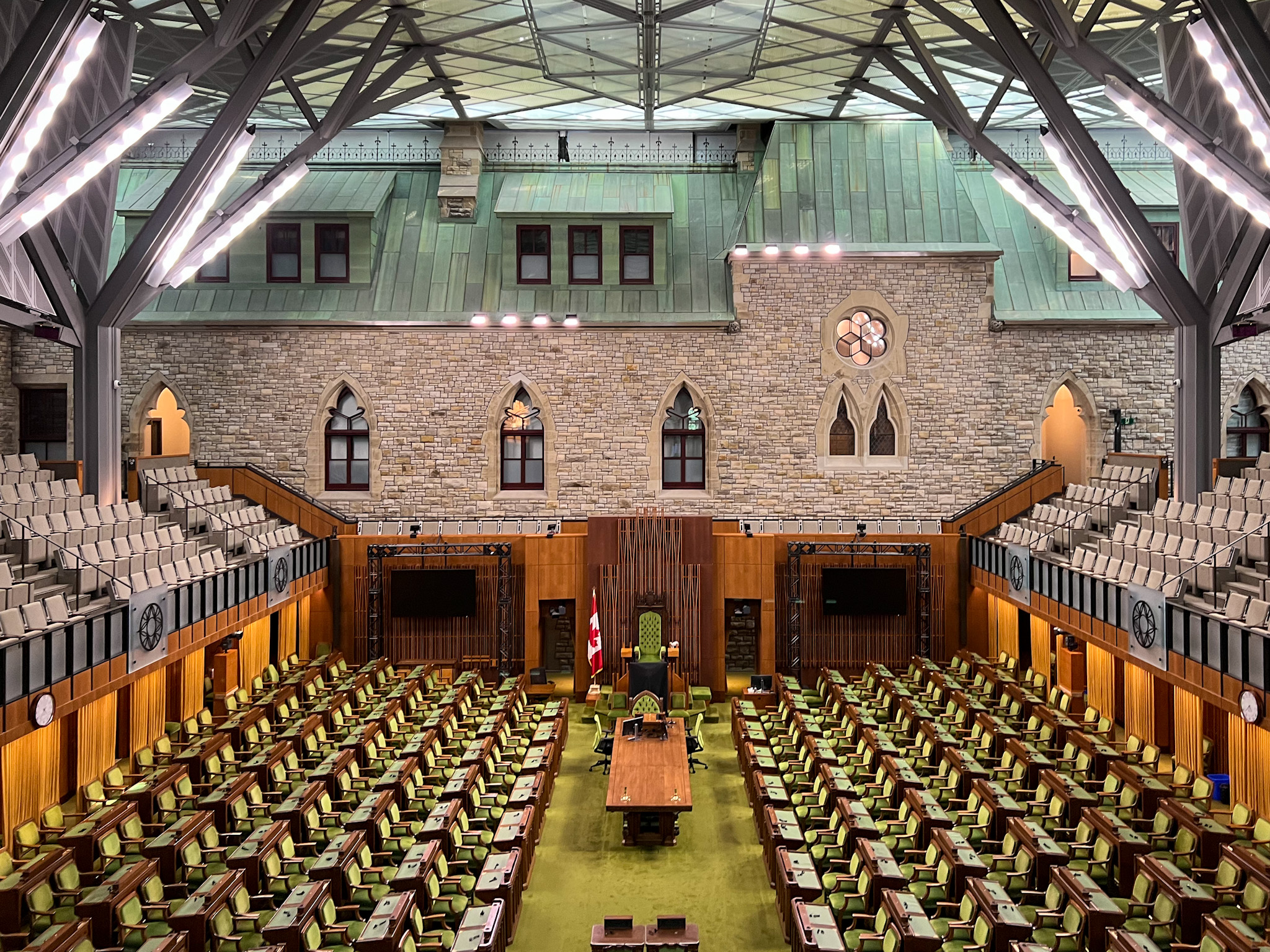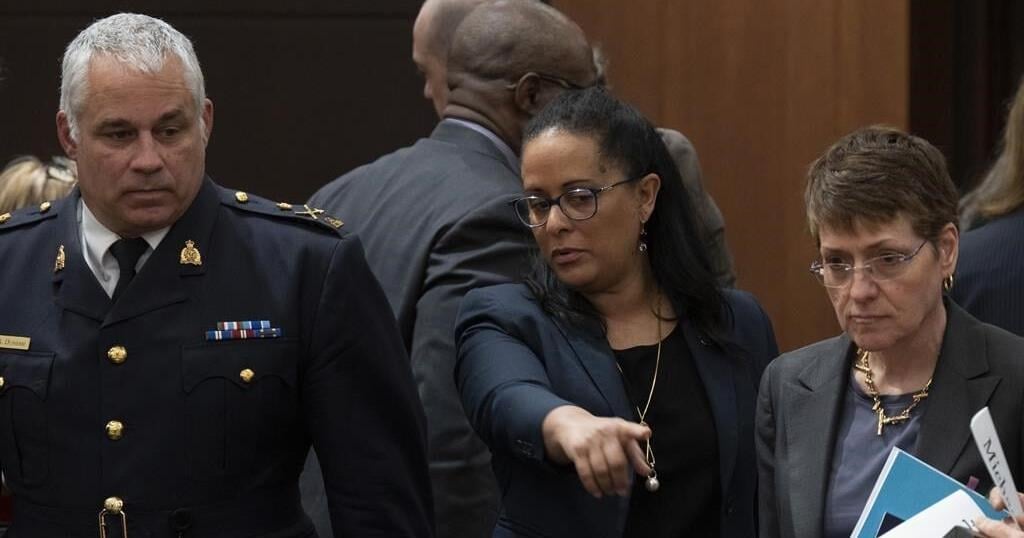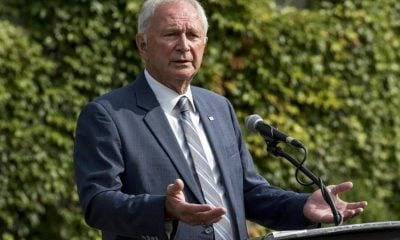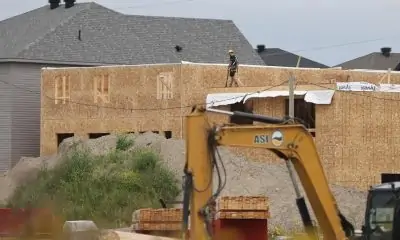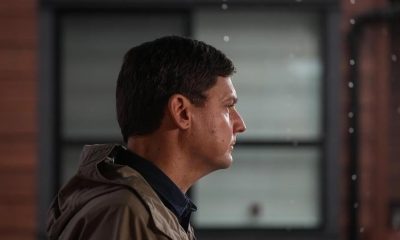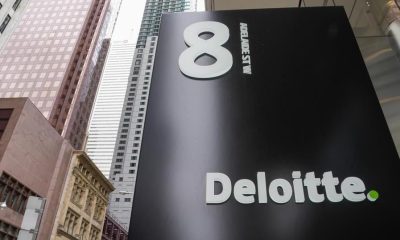British Columbians could find out who wins the provincial election on Oct. 19 in about the same time it took to start counting ballots in previous votes.
Andrew Watson, a spokesman for Elections BC, says new electronic vote tabulators mean officials hope to have half of the preliminary results for election night reported within about 30 minutes, and to be substantially complete within an hour of polls closing.
Watson says in previous general elections — where votes have been counted manually — they didn’t start the tallies until about 45 minutes after polls closed.
This will B.C.’s first general election using electronic tabulators after the system was tested in byelections in 2022 and 2023, and Watson says the changes will make the process both faster and more accessible.
Voters still mark their candidate on a paper ballot that will then be fed into the electronic counter, while networked laptops will be used to look up peoples’ names and cross them off the voters list.
One voting location in each riding will also offer various accessible voting methods for the first time, where residents will be able to listen to an audio recording of the candidates and make their selection using either large paddles or by blowing into or sucking on a straw.
The province’s three main party leaders are campaigning across B.C. today with NDP Leader David Eby in Chilliwack promising to double apprenticeships for skilled trades, Conservative Leader John Rustad in Prince George talking power generation, and Greens Leader Sonia Furstenau holding an announcement Thursday about mental health.
It comes as a health-care advocacy group wants to know where British Columbia politicians stand on six key issues ahead of an election it says will decide the future of public health in the province.
The BC Health Coalition wants improved care for seniors, universal access to essential medicine, better access to primary care, reduced surgery wait times, and sustainable working conditions for health-care workers.
It also wants pledges to protect funding for public health care, asking candidates to phase out contracts to profit-driven corporate providers that it says are draining funds from public services.
Ayendri Riddell, the coalition’s director of policy and campaigns, said in a statement that British Columbians need to know if parties will commit to solutions “beyond the political slogans” in campaigning for the Oct. 19 election.
This report by The Canadian Press was first published Sept. 26, 2024.










